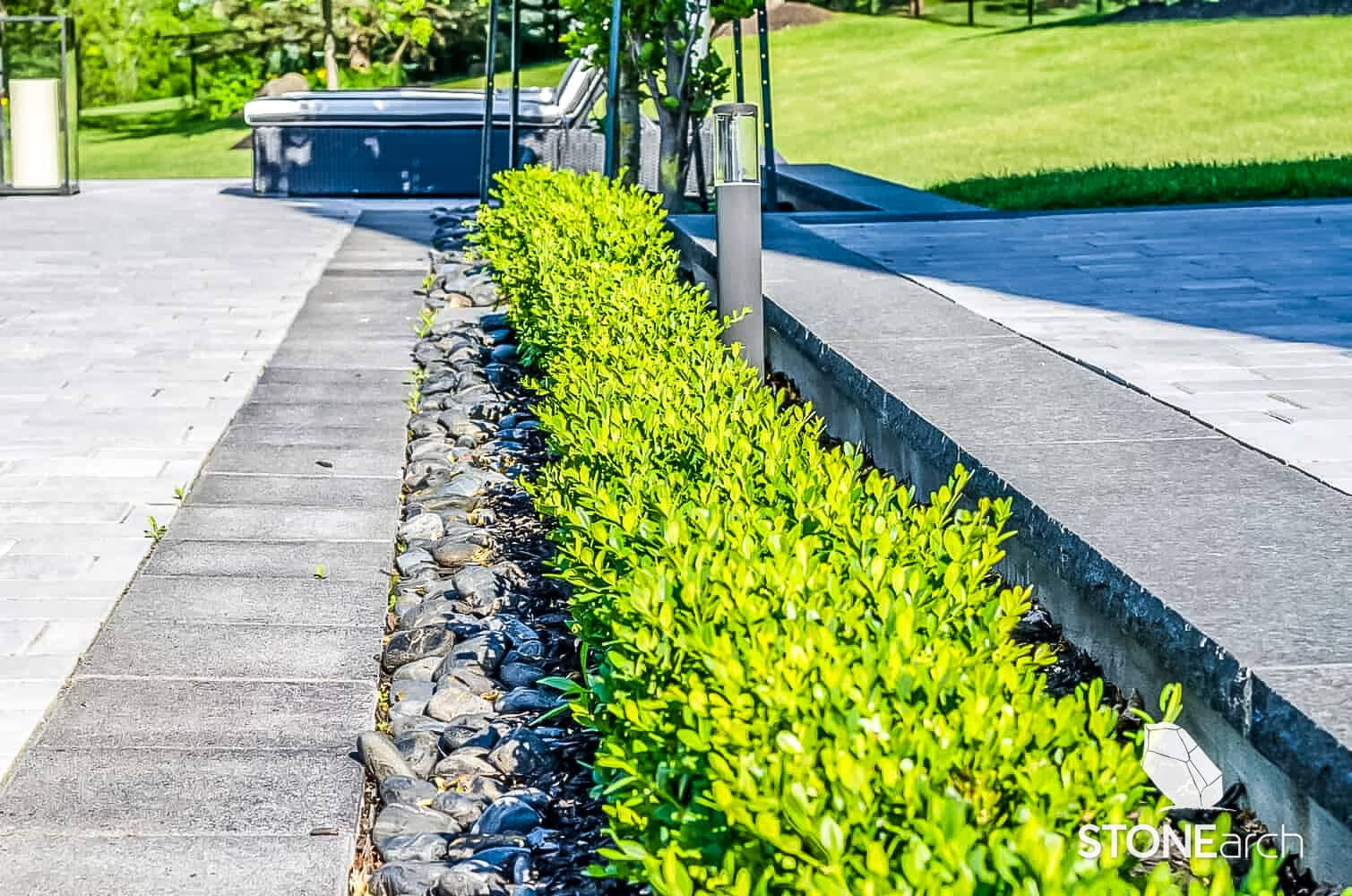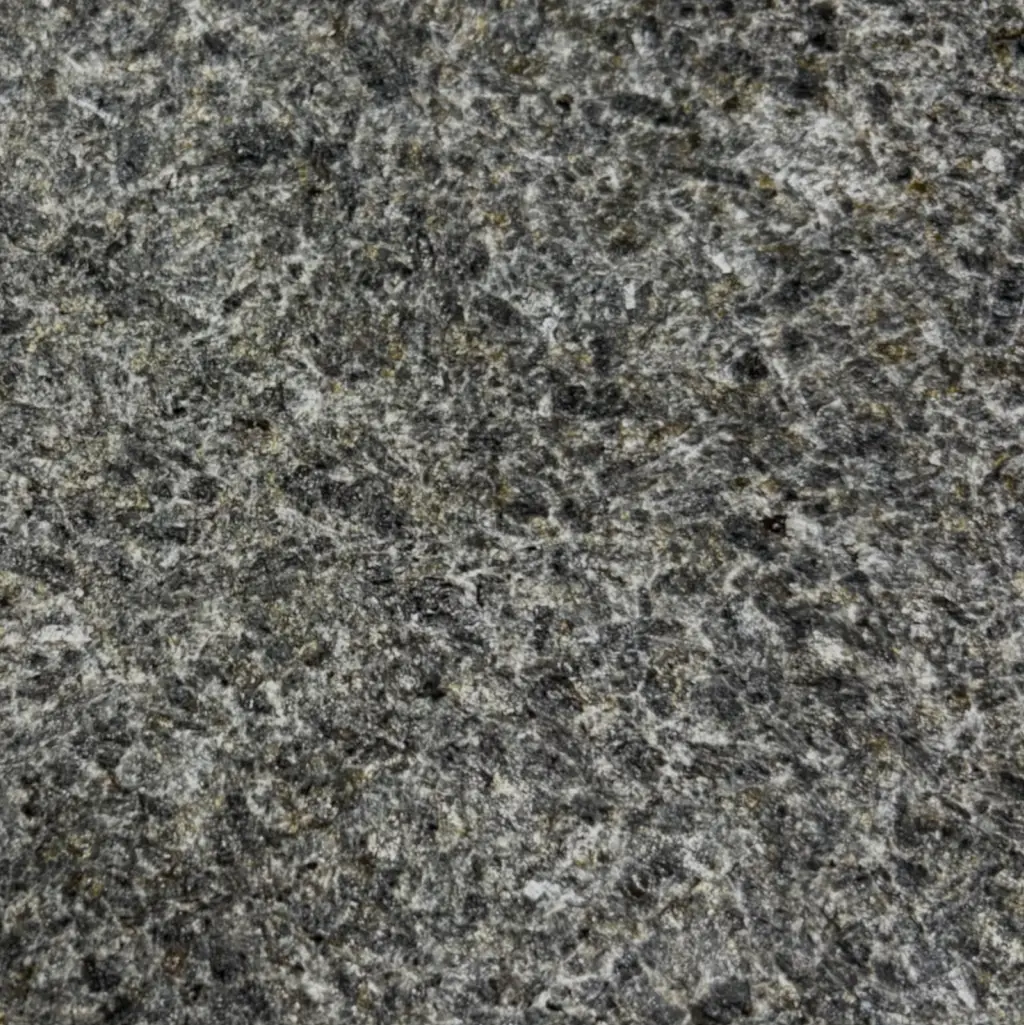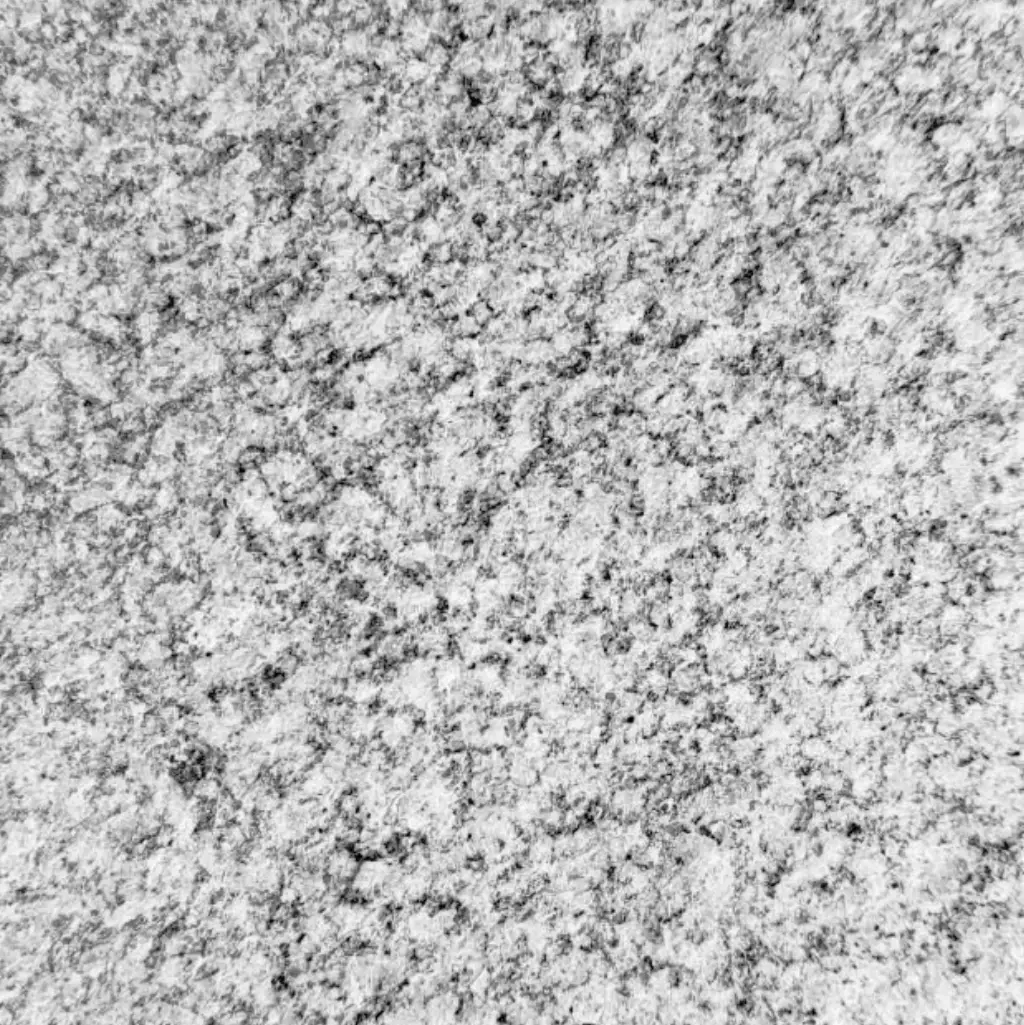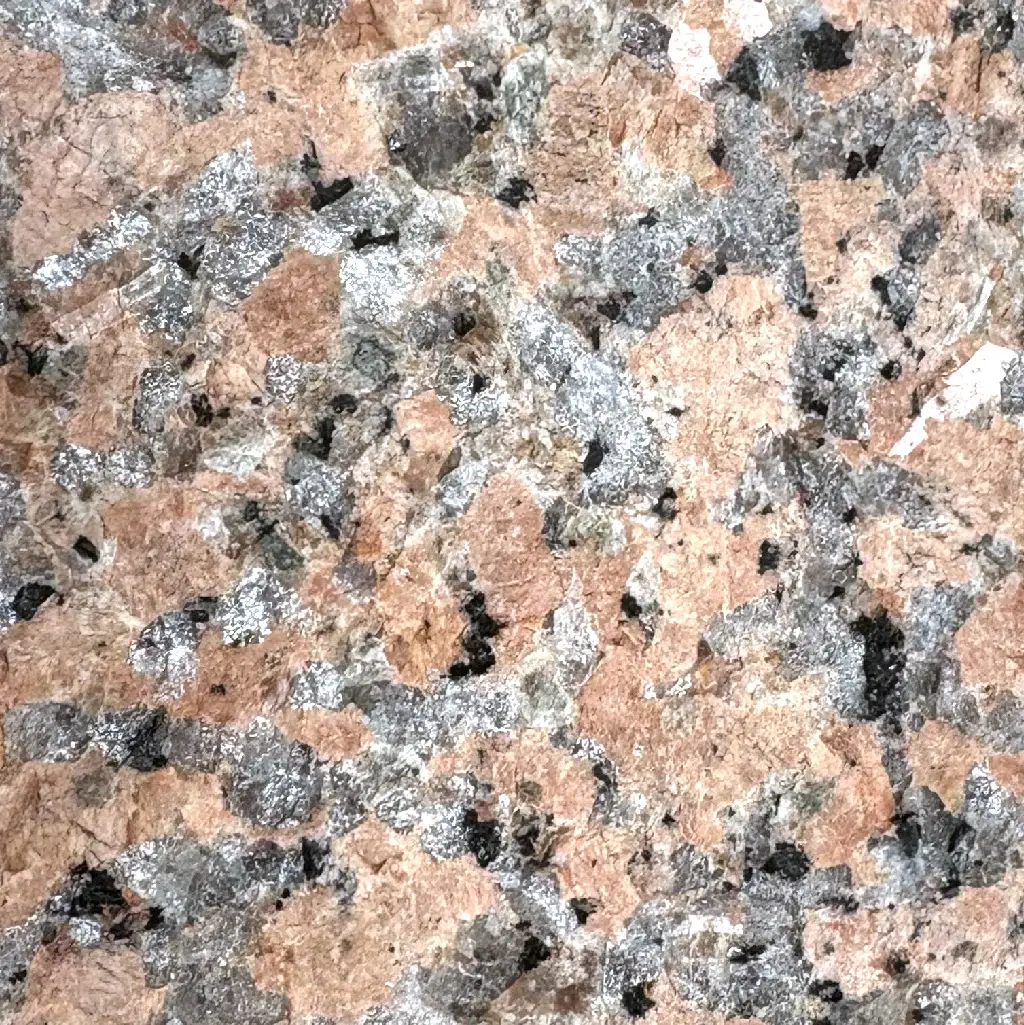While pebbles in and of themselves have a unique beauty to them, black pebbles have a very distinct touch. STONEarch’s Pebbles Black has a unique and polished texture that gives charm and life to any landscape project. Typically made of granite or basalt, these pebbles are durable, dense, and have a naturally black tone. Black Pebbles work exceptionally well for landscaping applications, swimming pool borders and edges, flooring, mosaics, garden beds, pathways, ramps, and more. It is a popular choice for several landscapes due to its dark and cool appearance. What's more, these pebbles require minimal maintenance. Their smooth and polished surface makes them easy to clean. Moreover, due to its remarkable polishing, the pebbles become more vibrant and intense, looking wet, fresh, shiny, and neat. Pebbles Black has limitless possibilities for design. From being main landscaping pieces to being used as accents for landscapes or water features, they can be used to creatively create decorative spaces and dynamic pathways within a landscape. They can add contrast and balance, especially when paired with elements that are lighter and brighter, which can result in a striking and impactful appeal. However, going beyond aesthetics, the dark color of Pebbles Black directly affects how the pebble interacts with sunlight. Pebbles Black tend to absorb the sun’s rays more. This, in turn, makes the pebbles warmer, which is a good thing in landscapes that involve adding warmth to the area and plants surrounding a space. These pebbles complement potted plants and succulents and can be utilized alongside landscape and water elements. They are specifically recommended for applications that involve dyed water, as they are less prone to staining.
Available in 1.25” to 2” and 2” to 3” sizes, these pebbles can also be ordered in bulk for big projects and in small tote bags for smaller areas. They come in 1 ton bags for your convenience. To know the required pebble quantity for a particular project, calculations can be conducted. For walkway applications, for instance, simply add the depth, length, and width of the walk. For other spaces, estimate roughly 70 to 80 kilograms for each square meter. Irregular areas and slopes, however, may affect these computations.












